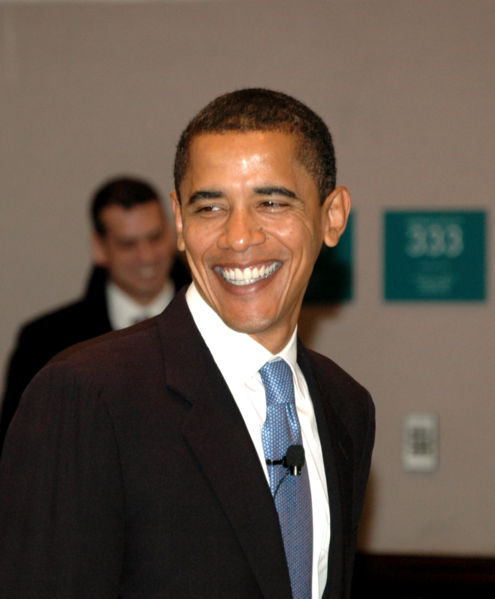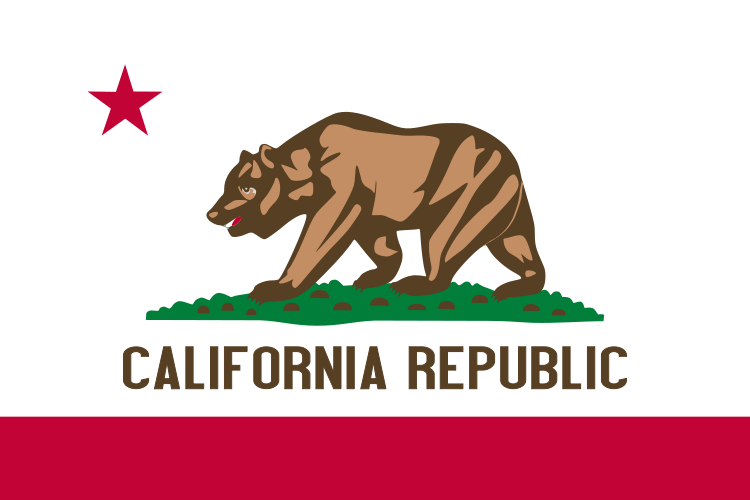How does one take the measure of an individual? How will a person react under stress to unpredictable circumstance? President Bush was so unengaged that he probably didn’t know when he should have been feeling more stress. He failed to oversee little things, like the war in Iraq and the economy. One actually wonders what he did in the White House all of these years. But I digress.
 John McCain likes to think of himself as a straight talker. In general I think that’s true but it’s not always the case. I liked that he took his change of heart to support drilling off the coast of California to the environmental lobby and told them to their face (even though I hate the idea of drilling off the coast). Having heard him talk I like how he has handled opposition when dealing with abortion. Still, I dislike that he did in fact flip flop on drilling, and I don’t like that he refused to answer a simple question by the press, like, “How many houses do you own?”
John McCain likes to think of himself as a straight talker. In general I think that’s true but it’s not always the case. I liked that he took his change of heart to support drilling off the coast of California to the environmental lobby and told them to their face (even though I hate the idea of drilling off the coast). Having heard him talk I like how he has handled opposition when dealing with abortion. Still, I dislike that he did in fact flip flop on drilling, and I don’t like that he refused to answer a simple question by the press, like, “How many houses do you own?”
I am also deaply saddened by McCain’s resorting to negative campaigning, in spite of his protestations to the contrary. To me, negative campaigning is the loser’s last refuge, and here it is as if someone said to McCain, “Do you want to be known as a statesman nice guy loser, or do you want to win?” And he decided he wanted to win, damn his principles.
While the practice has been executed flawlessly by Republicans, it should be noted that Democrats can play the game as well, as Senator Clinton did in the primaries. As distasteful as behaving this way in the general is, it is unforgivable in primaries, and Clinton violated what some call the Reagan Rule, named after the President who reminded members of his party who the opposition was.
 Barak Obama has done very little negative campaigning. He has another quality, however, that I like. He has stated openly that he is not an idealogue. He seems to take every situation as it is presented to him and responds appropriately. This makes him perhaps a more difficult public speaker because he can’t just blat out the one liners. It makes him unpreditable at times.
Barak Obama has done very little negative campaigning. He has another quality, however, that I like. He has stated openly that he is not an idealogue. He seems to take every situation as it is presented to him and responds appropriately. This makes him perhaps a more difficult public speaker because he can’t just blat out the one liners. It makes him unpreditable at times.
His level of education wards off some of my concern about his unpredictability, and he is not inarticulate.
This leads me to believe that Obama has better judgment and the appropriate personality for the job.

 Voting in California is perhaps one of the closest experiences one can have to true democracy in America. Anything of substantial importance is presented to voters as a ballet initiative. And this is true for cities and counties within the state as well. I remember in November of 1992 voting on whether or not Officer Robert Geary should be able to bring his puppet Brendan O’Smarty in his patrol car. In 1988, my first year in California, the citizens rejected the abusive behaviors of insurance companies and voted themselves a rate cut.
Voting in California is perhaps one of the closest experiences one can have to true democracy in America. Anything of substantial importance is presented to voters as a ballet initiative. And this is true for cities and counties within the state as well. I remember in November of 1992 voting on whether or not Officer Robert Geary should be able to bring his puppet Brendan O’Smarty in his patrol car. In 1988, my first year in California, the citizens rejected the abusive behaviors of insurance companies and voted themselves a rate cut.